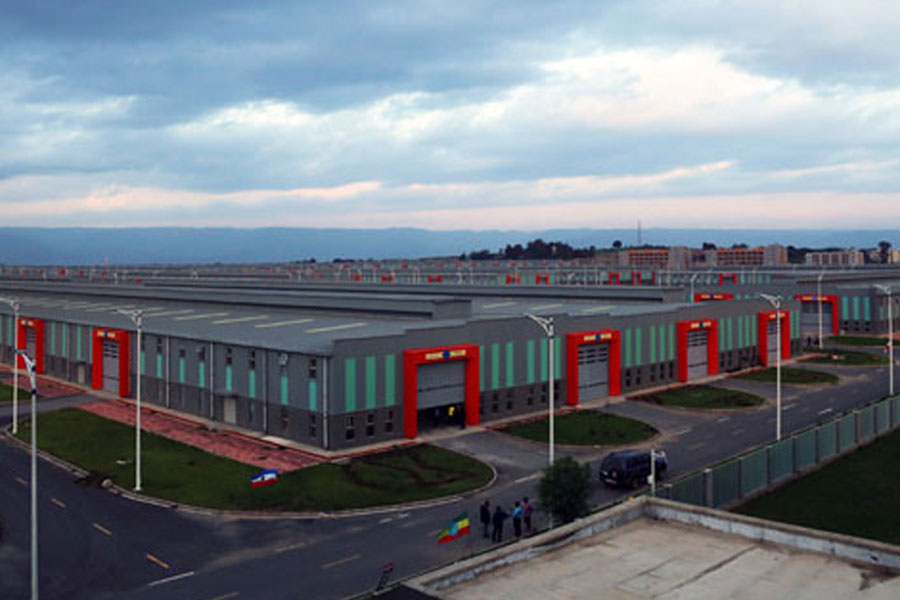
Radar | Feb 20,2021
Although prostate cancer is the most common cancer in men, the good news is that it is generally treatable. At Acıbadem, we offer both surgical and non‑surgical options to cure localized disease permanently. For metastatic prostate cancer, we utilize systemic therapies and targeted radioactive treatments to control cancer progression, relieve symptoms, and enhance the patient’s quality of life.
The prostate is a gland unique to males and is part of the reproductive system. Prostate diseases are common, and the three most frequent conditions are prostate cancer, benign prostatic enlargement, and prostatitis. Each condition is distinct and requires its own treatment approach. Prostate cancer often causes the most concern, since the word “cancer” is frightening for many. Fortunately, when the tumor is localized and confined to the prostate, it is highly treatable today.
The gold standard treatment for prostate cancer is surgery, which removes the entire prostate. If the tumor is confined to the prostate, surgery can provide a complete cure. However, preserving the surrounding vessels and nerves responsible for urinary control and erectile function is equally important, as these functions are valuable to a man’s quality of life. Even when the tumor is successfully removed, urinary incontinence can significantly impact daily life and may require further treatment. Erectile dysfunction is another possible side effect that can affect both the patient and his partner. That’s why top urologic oncology centers globally increasingly use robotic systems for radical prostatectomy, enabling more precise surgery.
Within the Acıbadem Healthcare Group, we currently employ robotic-assisted surgery in six hospitals to deliver the best possible outcomes. Thanks to our urologists’ extensive experience in robotic prostate cancer surgery, we not only remove the cancer entirely but also minimize the risk of urinary incontinence and impotence. Furthermore, at Acıbadem University, there is an official robotic surgery training center that educates surgeons and offers a globally recognized certificate.
Acıbadem has been using radiotherapy to treat cancer for over 20 years. Advances in radiation oncology have led to significant improvements in treatment outcomes. Today, radiotherapy is a valuable option for many types of cancer, including prostate cancer. MRI-guided radiotherapy represents one of the most advanced technologies in this field, providing more precise tumor targeting and better protection for healthy tissues compared to conventional CT-guided systems. For localized prostate cancer, MRI-guided radiotherapy achieves success rates similar to surgery. This allows the tumor to be completely treated without an incision, offering an effective alternative to radical prostatectomy.
Both radiotherapy and surgery have their advantages and disadvantages. Patients should discuss these treatment alternatives with physicians from both disciplines to determine the best option for their condition. It is important to remember that if radiation therapy is chosen instead of surgery, the machine must be equipped with the latest technology to minimize risks to healthy organs and tissues near the prostate, such as the bladder and functional nerves. However, at the end of the day, patients should feel at ease with their decision. Both treatments have high success rates in achieving a permanent cure when they are administered by experienced specialists with mastery, attentiveness, and patience.
The most challenging scenario in prostate cancer is when it spreads to other organs or tissues. The good news is that prostate cancer usually presents symptoms before it metastasizes. Fewer than 10 percent of patients are diagnosed after the cancer has already spread. At that stage, surgery is no longer an option. Instead, medical oncologists focus on controlling the disease using various treatment modalities.
The primary treatment for metastatic prostate cancer is hormone therapy, as prostate cancer is hormone-dependent. However, if the patient has a high tumor burden or the cancer is predicted to follow an aggressive course, chemotherapy may also be administered. In patients who become resistant to both hormone therapy and chemotherapy, radioactive treatments such as Lutetium-177 PSMA may be considered.
All treatment decisions are based on the patient’s tumor burden, response to previous therapies, and findings from PSMA PET imaging. At Acıbadem, medical oncologists who specialize in urologic cancers work closely with urologists to determine the best possible treatment plan for each patient.
If you’d like to learn more, visit acibademinternational.com and share your condition with us through the contact form. Our expert team will get in touch with you within a few hours.
PUBLISHED ON
Aug 20,2025 [ VOL
26 , NO
1321]

Radar |

Fortune News | May 08,2021

Fortune News | Jul 23,2022

Fortune News | Aug 14,2021

Fortune News | Sep 01,2024

Dec 22 , 2024 . By TIZITA SHEWAFERAW
Charged with transforming colossal state-owned enterprises into modern and competitiv...

Aug 18 , 2024 . By AKSAH ITALO
Although predictable Yonas Zerihun's job in the ride-hailing service is not immune to...

Jul 28 , 2024 . By TIZITA SHEWAFERAW
Unhabitual, perhaps too many, Samuel Gebreyohannes, 38, used to occasionally enjoy a couple of beers at breakfast. However, he recently swit...

Jul 13 , 2024 . By AKSAH ITALO
Investors who rely on tractors, trucks, and field vehicles for commuting, transporting commodities, and f...

Oct 25 , 2025
The regulatory machinery is on overdrive. In only two years, no fewer than 35 new pro...

Oct 18 , 2025
The political establishment, notably the ruling party and its top brass, has become p...

Oct 11 , 2025
Ladislas Farago, a roving Associated Press (AP) correspondent, arrived in Ethiopia in...

Oct 4 , 2025
Eyob Tekalegn (PhD) had been in the Governor's chair for only weeks when, on Septembe...